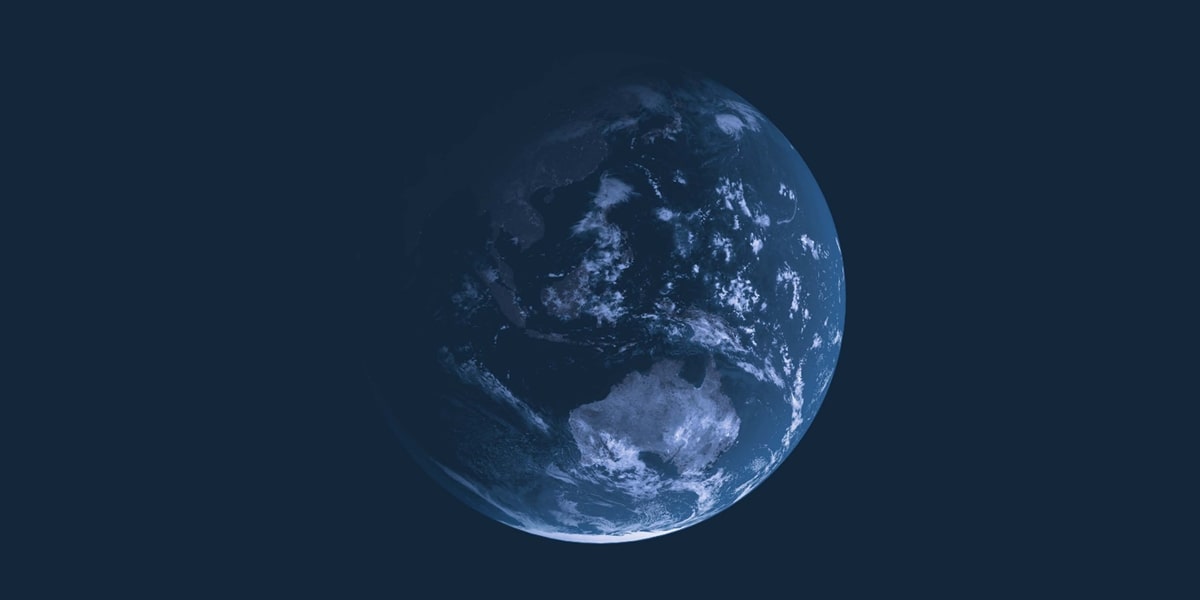The US funding deal is good for the Pacific. But the key is what happens next
Originally published in The Guardian

After months of delay, Congress approved Cofa funding for north Pacific nations but Washington needs to show it can deliver for the wider region
A dysfunctional US Congress finally got its act together and approved a $7bn funding package for three Pacific nations. After years of negotiations and more recently, months of delay by US lawmakers, Congress late Friday cleared the way for the Marshall Islands, Federated States of Micronesia and Palau to renew the Compacts of Free Association (Cofa) agreements that fund critical services for the next two decades, and keep open a special migration pathway to the US.
In return, the American military secures exclusive access to vast north Pacific territories and the unilateral use of strategically located military facilities – a bargain for the US in these contested times.
The deal is a relief for both sides. Yet so much more remains to be done in the wider Pacific if the US is to stem the rising tide of Chinese influence.
There is a real risk that engagement with the wider Pacific will end up in the “too hard” basket and US lawmakers will narrow their focus again to Taiwan, Ukraine, Gaza, and domestic stressors, with only just enough bandwidth leftover to deliver the Cofa deals, and sparse offerings elsewhere.
Part of the concern is money – the rest of the region is still waiting for Washington to deliver $1bn in commitments made at two recent US-Pacific Summits. But the US also needs to show it can deliver deeper into the Pacific by building partnerships in the region, serving communities on the ground and offering opportunities to nations that others can’t – specifically where Beijing has increased its presence and investments.
China is spending big on infrastructure, pipping the US on regional diplomatic posts and building security ties, including through the 2022 China-Solomon Islands security agreement that sent shock waves through the west. Beijing’s efforts to become integrated in economic and security systems, and gain access to critical infrastructure such as ports and airports worries the west. Australia’s minister for the Pacific, Pat Conroy, recently said there should be “no role” for China in Pacific policing – but China is active in Pacific policing, evident in Solomon Islands and reportedly Kiribati.
At the same time, the risk of shocks triggered by destabilising factors in the Pacific is increasing – ranging from climate change, to natural disasters and election interference. In the face of these risks and amid escalating geopolitical competition, the Pacific will rely on partners that can provide resources.
In addition to money, the US has valuable assets it could put on the table. Market access, services to boost education, health and infrastructure, and building relationships that deepen community links are just some of those assets. It promised more diplomatic missions to bring services to Pacific nations: the quicker these spring into action, the better. There’s still too little movement on promoting business partnerships and educational opportunities. Finally, America’s legacy in the South Pacific is coloured by the horrors of the second world war. The US could do more to clean up the nuclear legacy and second world war explosives that are still claiming lives in countries like Solomon Islands and the Marshall Islands today.
Better coordination between western partners is vital, particularly in critical areas of climate resilience, health, food security and connectivity. Together they can achieve scale and impact, most evident in the recent collaboration between Australia, US and Japan to fund the East Micronesia sea cable to boost connectivity.
Pacific leaders understand the US cannot fulfil every need. The real benchmark for US success lies not in monetary might, but in forging authentic, enduring relationships that strengthen partnerships to better serve the needs of people in the Pacific.

